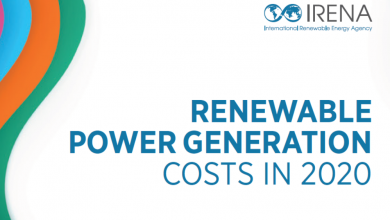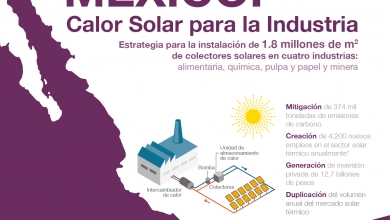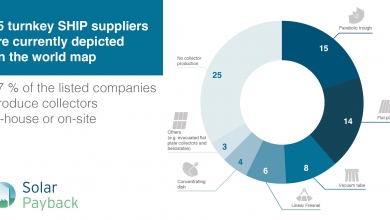Brazil´s huge potential for SHIP
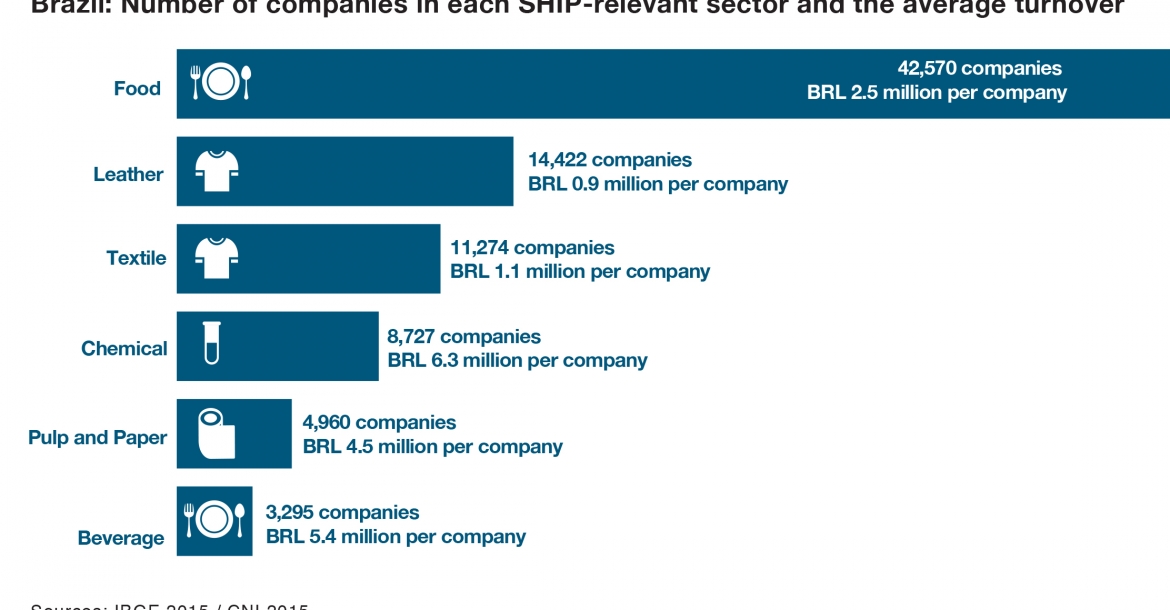
Ten thousands of Brazilian producers of food, leather, textile, chemical, or beverage could be potential investors in industrial solar heat. The chart shows the number of enterprises in the industrial sectors that have a high heat demand below 400 °C and are, therefore, most suitable for solar thermal technologies. These are some of the key results from the study Energia Termosolar para a Indústria: Brasil published in August within the Solar Payback project.
The authors analysed the national comprehensive data about energy flows and energy sources in the industry called Balanço Energético Nacional (see also pie chart below):
- The energy demand in the industrial sector has almost doubled since 1990 from 43.5 Mtoe to 84.2 Mtoe, which will draw attention to cost and energy saving measures.
- Heat dominates the final energy consumption in the industry, whereas electricity demand remained fairly stable in the last 20 years at only 20 %.
- 59 % of the industrial heat demand (67.4 Mtoe) is below 400 °C and can be supplied efficiently by solar thermal technologies.
- Biomass covers 47 % of the industry´s heat demand. An estimation of still around 25% of the firewood used as fuel has its origins in native forests, therefore still result in deforestation.
- More than 80 % of the heat demand in the sugar industry is covered by bagasse that´s why this segment is not really relevant for SHIP technologies.
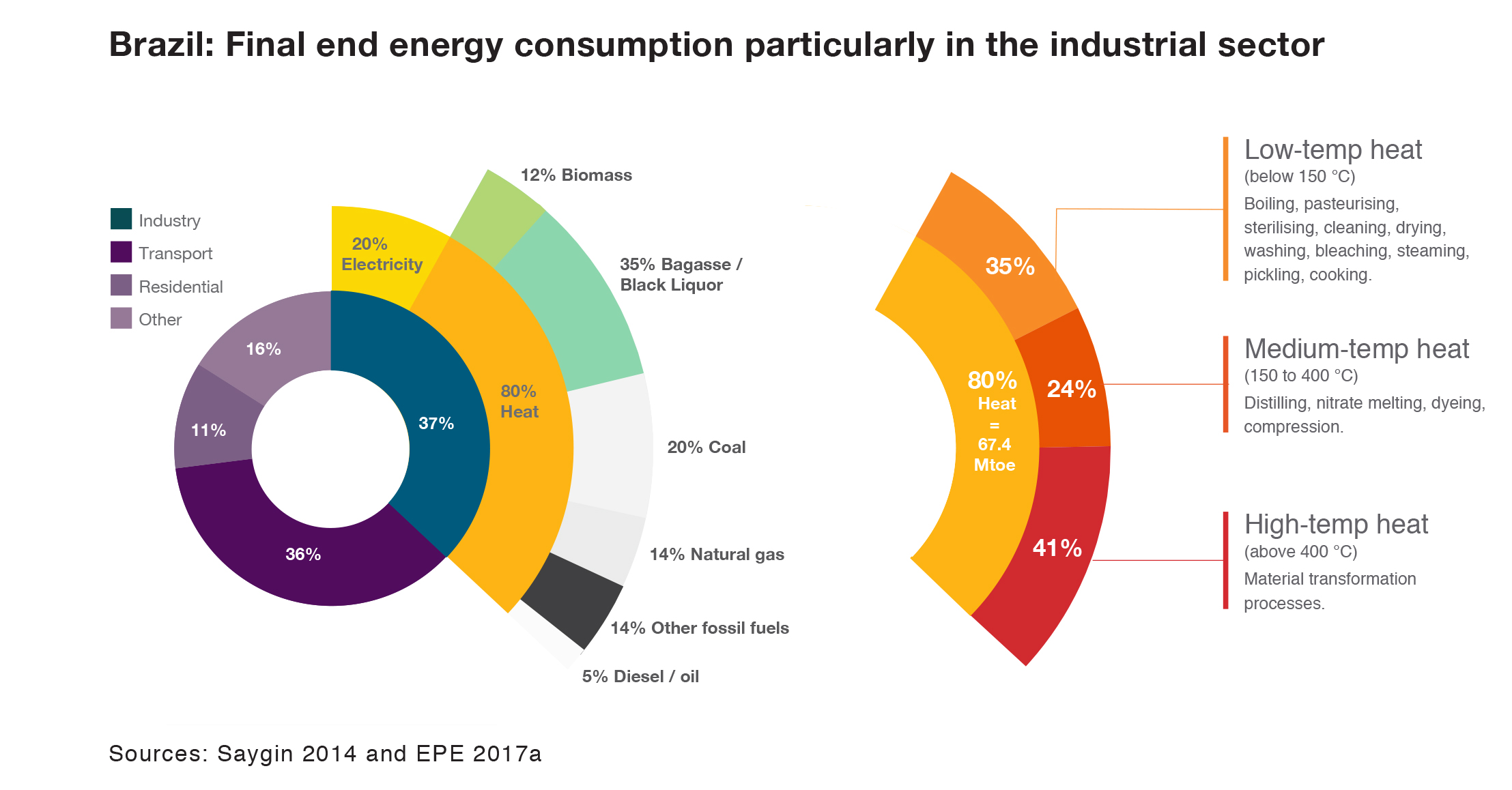
The map below highlights the key states for SHIP-relevant industry sectors and gives the number of enterprises that Brasileiro de Geografia e Estatística (IBGE) counted for pulp & paper, food & beverage, chemical and textile. The map shows as well that the key industrial centers profit from good annual solar irradiation.
Download the Brazilian study (in Portuguese) here
